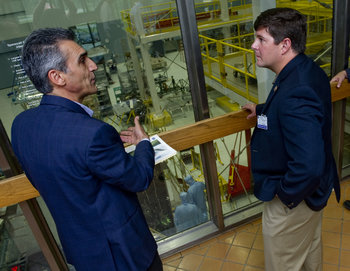Management expectations are performance standards that a manager communicates to their team. It is a poor practice to adopt expectations without sufficiently communicating them. Communication of expectations can include informal communication such as a conversation and formal communications such as performance goals. The following are common examples of management expectations.
Being friendly and helpful with customers | Being open and honest | Being productive | Clearing issues without direction | Compliance with the law | Cost diligence | Escalating serious issues | Ethical behavior | Following directions | Making decisions without direction | Meeting commitments | Meeting deadlines | Not wasting resources | Not wasting time | Professionalism | Punctuality | Respectful behavior | Solving problems without direction | Standards compliance | Stewardship of company assets | Taking initiative | Taking ownership | Timely responses to stakeholders | |
If you enjoyed this page, please consider bookmarking Simplicable.
© 2010-2023 Simplicable. All Rights Reserved. Reproduction of materials found on this site, in any form, without explicit permission is prohibited.
View credits & copyrights or citation information for this page.
|
























